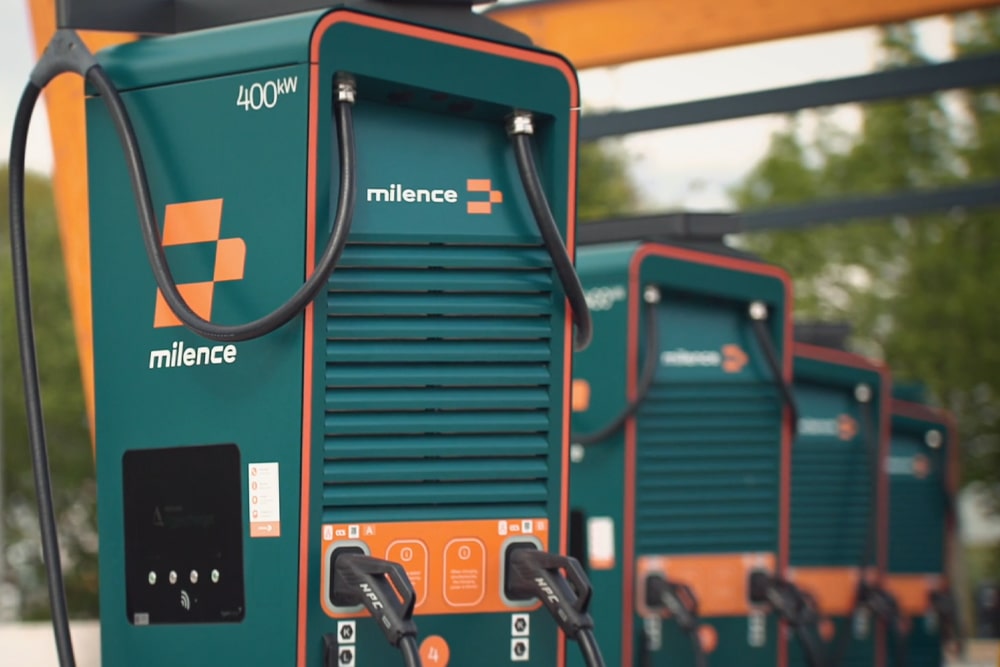
GERMANY. Alpitronic announces MCS charging system for 2025
The new generation of high-performance truck charging stations will be tested by E.ON customers and launched on the market in early 2025. Many details, such as the possible charging power and the product’s name, are not yet known. However, the Italian company is apparently more interested in the electrification of depots than in public MCS charging. According to a report, the Alpitronic system for electric trucks will also offer integrated load management to intelligently distribute the available energy between the vehicles in the depot. A truck that is immediately needed for the next tour can thus be charged more quickly than a vehicle that is still at the depot for a while.
“Charging a lorry is much more complex than charging a car,” Senoner is quoted as saying. “Moreover, logistics operators don’t want to lose any time and therefore don’t want to supply the vehicles with electricity en route. That’s why logistics centres need to be equipped with charging points.”
Some electric trucks are already being charged at the Alpitronic HYC300 and HYC400 hyperchargers, which are widely used for electric cars. Alpitronic is one of the hardware suppliers to Milence, the electric truck charging joint venture between Daimler Truck, the Volvo Group and Traton. Aral Pulse also uses hyperchargers from Italy for its truck charging corridor, as do individual fleet operators. And Mercedes-Benz Truck recently started offering its electric truck customers the opportunity to purchase charging points to match their vehicles – with products from Alpitronic.
In a depot, the charging capacities of 300 or 400 kW with the CCS connection are also sufficient in many cases. However, the CCS solution in its current form is not ideal, especially for long-haul lorries with large batteries. The megawatt charging system, i.e. a standard for megawatt charging, will be finalised in 2025. Manufacturers then also want to equip their truck models with an MCS charging option, such as Daimler Truck’s Mercedes-Benz eActros 600 and MAN’s eTruck.
According to Senoner, however, even these long-haul trucks could get by with CCS for a while if they rethink and implement new ideas. For example, the Alpitronic Managing Director suggests installing a second CCS connection on the other side of the vehicle – so that the truck can be charged from both sides via two charging points at the same time.